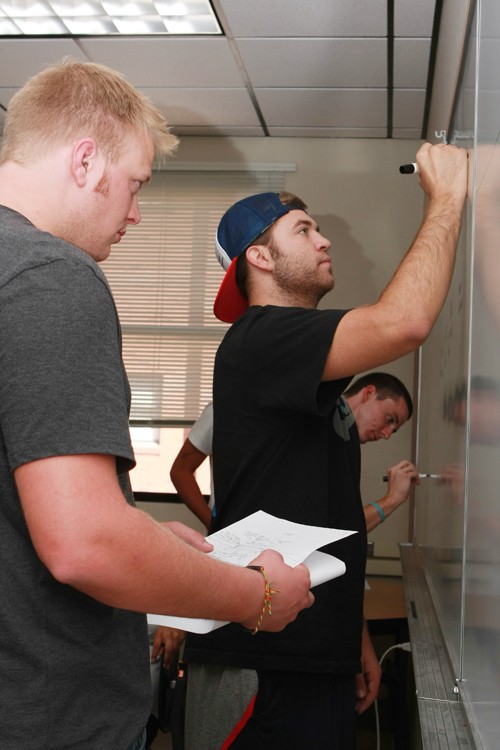Interested in politics? African-American Politics is the class for you.
Part of the class requirement is a 12-hour community service commitment.
“”They’ve organized town halls, organized relief through donation trucks and money to be sent to the South after Hurricane Katrina hit, and last semester they were driving around and feeding the homeless,”” said Wendy Theodore, the course’s professor. “”I ask them to do the minimum and they always do the maximum.””
This course focuses on African-American political history in the United States, and as a consequence of that history what African-Americans’ behaviors are now after civil rights. The class studies voting behaviors, political party affiliation and takes one aspect of present politics and see how it affects African-Americans “”now and here,”” Theodore said.
The students hold in-class debates and are graded on preparation, fact sheets and the overall presentation.
“”After the debates sometimes we have a town hall-style talk,”” Theodore said. “”Often times those get quite heated and interesting.””
For a final project, students choose a state that interests them and track a policy issue, which varies by semester. This semester they are tracking African-Americans in education.
“”They’ll be reading newspapers, seeing what the policies are, the numbers of African-Americans in disability classes and if they have a black population at all,”” Theodore said. “”They can pick whatever state they want. The idea is to get a national perspective.””
The class generally has sophomores and juniors in the fall, but is primarily seniors in the spring. Freshmen: tough luck.
Since it covers a general education requirement, there are a wide variety of majors who enroll.
“”I like being able to interact with all the other students and there are a lot of point opportunities so it’s easy to get an A,”” said Kylie el-Wailly, a political science junior.









